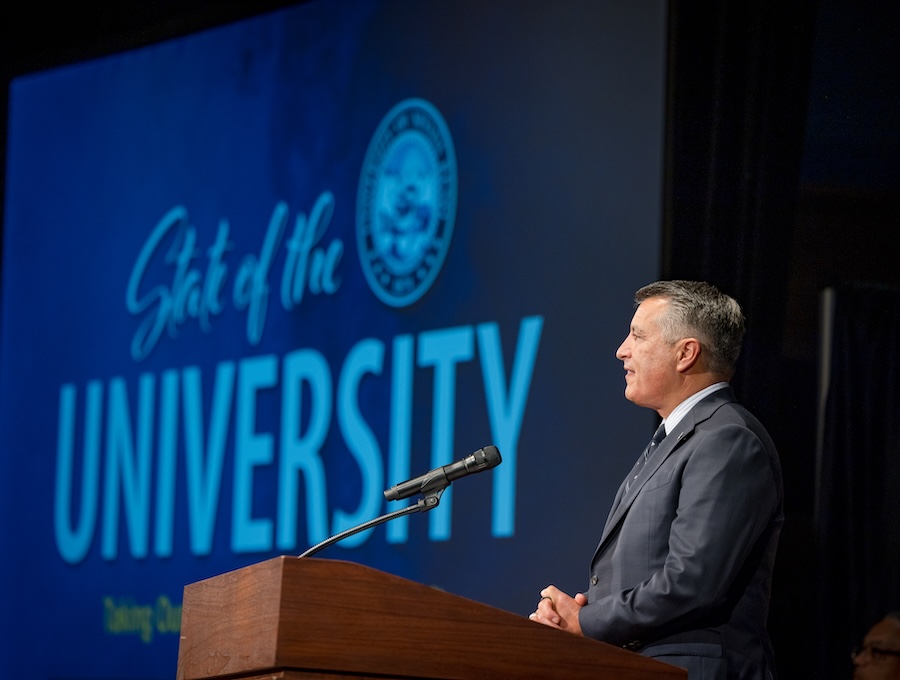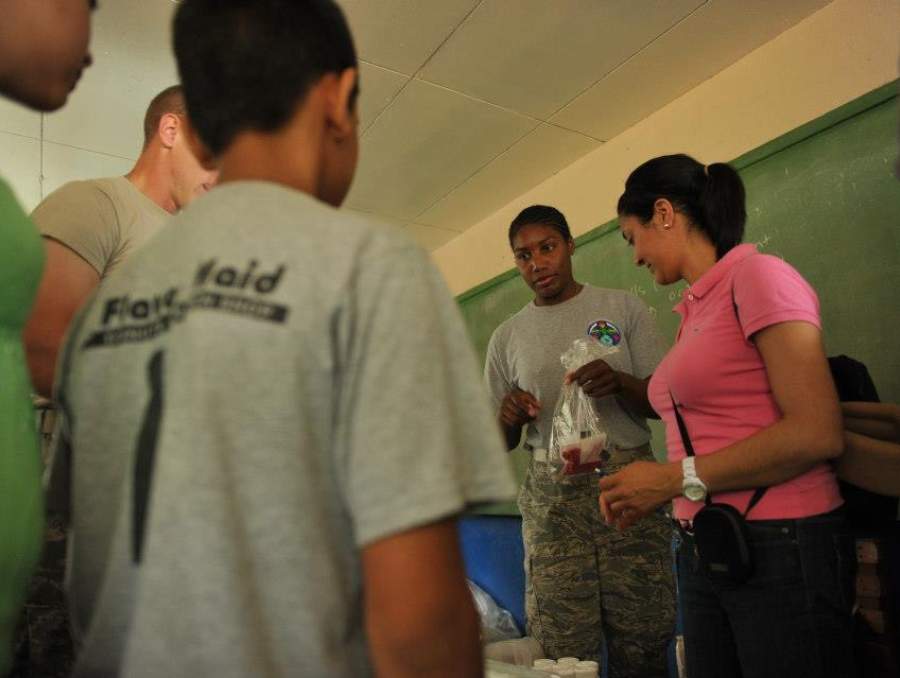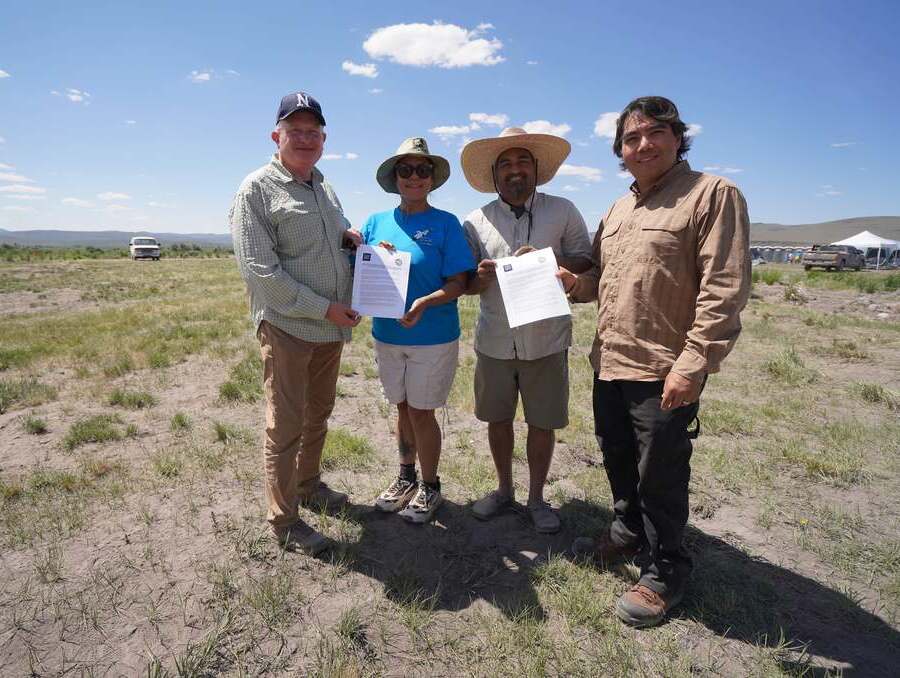Thomas F. Cargill, a longtime professor of economics in the College of Business, recently returned to Reno following time spent this summer teaching financial and central bank policy to “mostly Vietnamese students” in Ho Chi Minh City, the largest city in Vietnam. Cargill shares his impression of a place that he feels is poised “to become an important industrial power.”
By Thomas F. Cargill, University of Nevada, Reno
I was recently in Ho Chi Minh City (formerly known as Saigon) teaching financial and central bank policy to mostly Vietnamese students in the University of Hawaii’s Executive MBA program. That experience and my observations of life in Ho Chi Minh City left me with three impressions.
First, Vietnam is on the move to become an important industrial power. Vietnam is the most recent country to join the “Flying Geese Paradigm” conceived by a Japanese economist in the 1930s in which Japan would be the leader while other Asian countries followed. The paradigm was interrupted by Japan’s defeat in World War II, but Japan again emerged as Asia’s Giant and by the 1970s, Japan was the world’s second largest economy.
Much of Asia followed Japan and while Japan is no longer the leader, there are now many Asian geese in the air, with China as leader. Asia will be a major economic growth center of the world over the next few decades, while Europe is constrained by the entitlement state and the Americas face an uncertain future.
Second, in the late 1980s Vietnam abandoned centralized government planning because it failed to produce the promised results. It was replaced by reforms to integrate Vietnam with the world economy, permit markets and entrepreneurship to develop and take steps to reduce the role of government over the allocation of resources. Since then, the economy has grown significantly, though inflation has been a problem at times. The standard of living has increased, and a number of observers predict Vietnam will become an important economy by 2025.
The economic performances of the Asian geese that have adopted market reforms, including Vietnam, demonstrate a point made in Andrei Shleifer’s “The Age of Milton Friedman,” recently published in the Journal of Economic Literature. As increasing numbers of countries throughout the world embraced free market policies between 1980 and 2005, statistics show “the world economy expanded greatly, the quality of life improved sharply for billions of people, and dire poverty was substantially scaled back.”
Third, a grain of sand sometimes reveals how the universe goes. Two reveal the future of Vietnam. First, when I asked at the hotel how to change dollars into Dong, the Vietnamese currency, I was told to go to the state bank across the street. When I asked whether I needed my passport, I was told, “No - just bring money!”
Second, the 34 excellent, enthusiastic and entrepreneurial students in my class, balanced between men and women, understood that knowledge of Vietnam’s external environment was necessary for improving their own standard of living and their country’s standard of living.
In my mind back in Reno, I still see the students’ enthusiastic response to the course material and their hope and positive attitude for the future, and then, I see the future of Vietnam. In contrast to that terrible war that cost so much American and Vietnamese life and treasure, the future looks bright.










